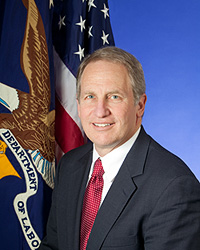A Confined Space blog post
Home » retaliation
Articles Tagged with ''retaliation''
OSHA exposé
Federal agency that protects whistleblowers accused of retaliating against one of its own
April 14, 2016
Become a Leader in Safety Culture
Build your knowledge with ISHN, covering key safety, health and industrial hygiene news, products, and trends.
JOIN TODAYCopyright ©2024. All Rights Reserved BNP Media.
Design, CMS, Hosting & Web Development :: ePublishing


